
Introduction to acne
No matter what kind of the acne you have, whether it’s blackheads, whiteheads, pimples or cysts, all of them are caused essentially by the same problem. Acne develops when the pores of the skin become clogged.
Sebum, which is the oil found in the skin, is what clogs the pours. When the hormones are overactive, especially in the teenage years, is when the sebum is overproduced, and when people tend to have the most problems with acne breakouts.
Women also tend to have more skin problems during their periods and can see acne problems again in their 40s and 50s right before they hit menopause, because the hormones are more active at that time as well.
What happens once the pores are clogged is actually what determines the kind of acne a person will have. When dead skin cells clog the pores, then a blackhead generally occurs.
Whiteheads are formed from excess oil and dead skin cells blocking an open pore. Antibiotics and acne
According to some people, antibiotics for acne do not work, and sometimes they can even make things worse.
Some say that not only do they not work, but they will also make acne and the general health of a person worse in the long run.
According to medical researcher, certified nutritionist and health consultant Mike Walden, the reason antibiotics do not work is because they kill the acne-causing bacteria initially, but do not take care of the big picture.
He said that the bacteria is never killed off completely and because of this, the acne keeps coming back.
Acne bacteria are living organisms that are actually beneficial to the skin in some way. When they are killed, they then mutate and become more powerful and harder to kill in the long run, which is why the antibiotics stop working in the later phases of treatment.
The antibiotics will also kill good bacteria in the body that helps to fight off bad bacteria, parasites and fungal infections. Because of this, the antibiotics can compromise the work of the digestive system, which in turn makes the acne even worse in the long run.
In order to get rid of acne, it is best to change the diet, clean the face regularly and to generally practice good hygiene.
Antibiotics are not a quick fix, even for people that have extreme cases of acne. It can help in the beginning to stop flare ups, but antibiotics should not be relied on solely to remedy the problem. Once the antibiotics start working, they should be followed up by generally accepted good methods of getting rid of acne, such as living a healthier lifestyle, eating foods that are healthy and nutritious, staying away from fast food, fatty, greasy junk food, and making sure to clean the hands and face regularly.


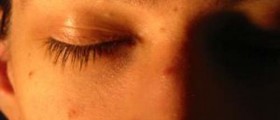
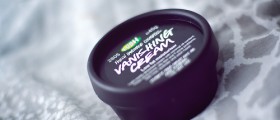

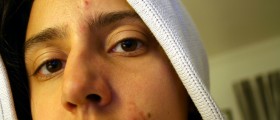
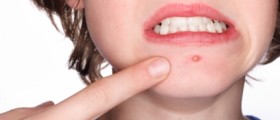
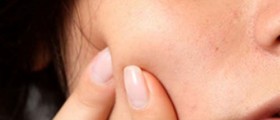
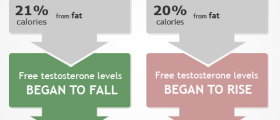




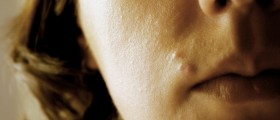
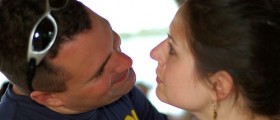


Your thoughts on this
Loading...